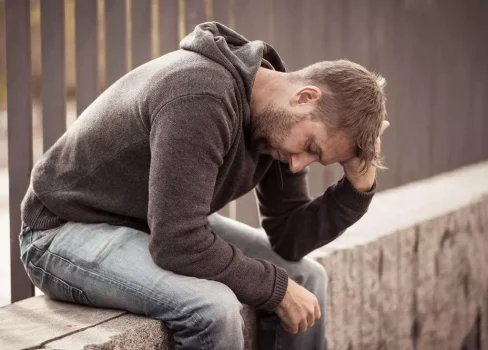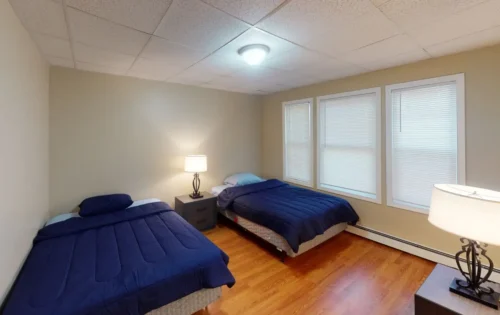
Aftercare can significantly reduce drug and alcohol relapse rates. This makes it an incredibly important component of your treatment. Self-medicating with substances, like drinking or taking drugs to treat symptoms of anxiety or depression, is another reason to consider rehab. Rehabilitation centers can help diagnose mental health conditions that may be co-existing with your substance use disorder, and they can often treat both appropriately. Simply defined, relapse is the return to a previous situation regarding drug or alcohol use.
Always, treat your employer how you want to be treated
You may begin neglecting your home, work, and/or school responsibilities. Because relapse puts you at risk of physical injury, legal issues, and even overdose-related deaths, you should always return to rehab after you experience a physical relapse. Going back to treatment can provide you with the support and tools that you missed out on the first time around, further preparing you to maintain long-term recovery. When you relapse, you are returning to substance abuse after a period of abstinence. It is extremely common for people to attempt to use the same amount of a drug that they were using before they got sober.
Dealing With Relapse: Should I Go Back To Rehab?
- Others misuse laxatives and prescription medications such as insulin and pills used to treat thyroid disorders.
- A person is never “cured” of an addiction, even if they never use the substance(s) again.
- It takes much work, and often several therapy sessions, for many individuals in recovery to remain clean.
- Whether you have relapsed or love someone who has, it’s important to seek professional help.
- The best way to prevent relapse is to get help for your addiction from a licensed drug and alcohol rehab facility.
When you or your mental health professional detect the early warning signs of a relapse, you may take steps to prevent a full resumption of substance misuse. This is only one of many reasons why it’s important, throughout your time of healing, to be https://ecosoberhouse.com/ completely transparent in all your interactions. Conversely, a relapse occurs as a person goes back to a previous pattern of substance abuse, for days or weeks at a time. A person will also regress away from others and dismiss aftercare commitments.

Where to Live After Drug Rehab
Support groups can help strengthen your commitment to abstinence as well as surround you with other individuals who are going through the same things you are. Consider asking yourself these questions to determine whether or not you should go back to treatment. If you’ve experienced a brief relapse, you may be wondering whether or not you can benefit from going back to rehab. Since every individual is different, the answer isn’t that simple.

Should You Return to Rehab After You Relapse?

Finding a new job is hard for anyone, but for those finding a job after drug rehab, it can include additional challenges above and beyond what a typical job seeker faces. Coming home after rehab often includes finding new work, changing careers, or simply finding a job to tide you over until you figure out the direction you want to take your life. Spiritual, mental and physical health are like the three legs of a stool.



